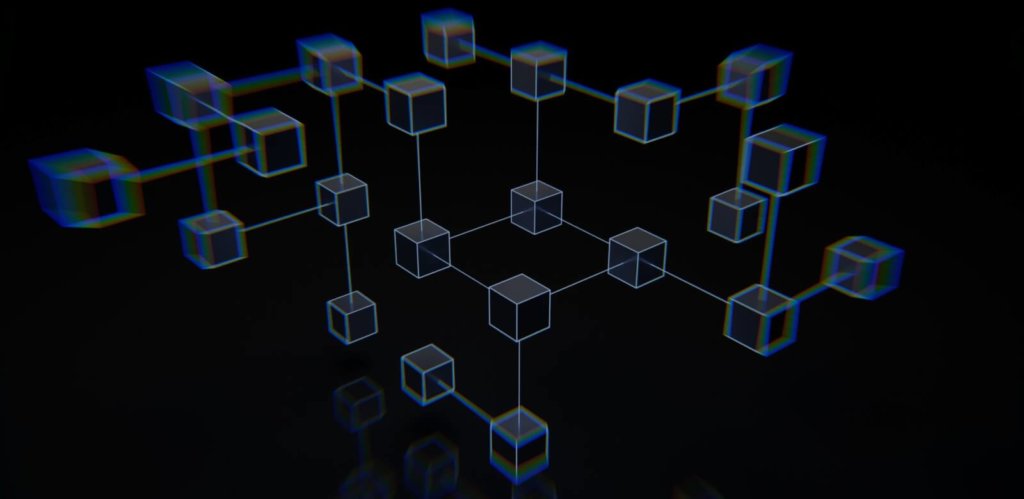
The term Metaverse exploded into the public lexicon with the rebranding of Facebook to Meta. Since then, the Metaverse has become a trending topic, the catchphrase of CES, and something of a meme. While there seems to be a common acceptance that the Metaverse is real – or will be – there are still many questions and uncertainty of what the Metaverse is, how the metaverse words, and why it’s important.
As a leading AI app developer, we’re laser-focused on staying ahead of what new technologies are coming to the market, understanding how these new technologies will influence your business and what implications these new technologies have on the app development space as a whole.
So, to deliver on staying on top of these new evolving technologies, we thought it would be useful to dig into what exactly the metaverse is, and why it’s important for you to understand this significant technological trend.
What is the Metaverse

The Metaverse may be catching on in social and tech circles, but the term goes back to 1992 when it was used in a book titled Snow Crash by author Neal Stephenson. The Metaverse in the book is described as having life-like avatars interacting with each other in a three-dimensional virtual reality world. The Metaverse of today could look and feel very similar, and there have been elements of this VR world found in modern digital experience.
A real-world version of the Metaverse intends to combine virtual reality and augmented reality to create a digital world where real people depicted as digital avatars can interact with each other and the virtual environment. The height of the vision for the Metaverse is a place where you could work, play, explore, and travel virtually with almost anyone from almost anywhere. The bedrock of this somewhat nebulous vision is a reimagining of the internet and what it means to connect to each other digitally.
Why the Metaverse Matters

Once you get past the possibilities and appeal that the metaverse promises, it is not hard to imagine how the Metaverse can be used for commerce and profit. Microsoft and Meta are investing heavily in the Metaverse, and these companies and others have established virtual and augmented reality hardware and software already on the market.
Buying and selling digital goods and services are far from a new concept. The video game industry is a prime example. A standard business model is for game development and publishing companies to offer their games for free, banking on the in-game purchasing of digital items and currency that change the look of a player’s character and accessories. In some cases, these digital purchases provide paid advantages over non-paying players.
Beyond just video games, the rise in non-fungible tokens (NFTs) and cryptocurrency will have a significant stake in the economy of the Metaverse.
So, why does this matter for businesses? Well, those companies that are acting early and investing in digital experiences or apps to position around this adoption of the Metaverse, may win big if the Metaverse truly grows to become what its proponents suggest. For instance, many clients seeking an iPhone app developer in Los Angeles have reached out to inquire how they can position their app development strategy to align with this insatiable buzz of the Metaverse.
NFTs, Blockchain, and the Metaverse
 Blockchain and NFTs currently exist in the digital world and are compelling alternative payment forms compared to traditional currency. Both will be a pillar of whatever the Metaverse becomes. Blockchain is the foundation that cryptocurrency is built on. A blockchain is a distributed database shared across a computer network. Because blockchains are immutable ledgers that can’t be edited or deleted, that makes them the perfect storage for cryptocurrencies and NFTs.
Blockchain and NFTs currently exist in the digital world and are compelling alternative payment forms compared to traditional currency. Both will be a pillar of whatever the Metaverse becomes. Blockchain is the foundation that cryptocurrency is built on. A blockchain is a distributed database shared across a computer network. Because blockchains are immutable ledgers that can’t be edited or deleted, that makes them the perfect storage for cryptocurrencies and NFTs.
Like a blockchain, or more accurately because of it, NFTs have become a very popular way to represent digital ownership on the blockchain. NFTs are heavily used in the video game industry, and a new subset of the sector is blockchain gaming. The concept allows players to turn their progress in the game into cryptocurrency through NFTs.
As the Metaverse will rely heavily on the blockchain, it’s easy to see how cryptocurrency and NFTs will be the digital assets of choice for buying and selling in the digital world. It is not hard to imagine, for example, a new definition and direction for the traditional real estate industry.
Instead of buying a brick-and-mortar home, a real estate agent, using a virtual avatar, will show clients a three-dimensional virtual home. The agent and the buyer – also using a virtual avatar – would complete the sale using cryptocurrency and ownership of the digital home established using NFTs. This hypothetical example sounds like a video game, but it could be real and here sooner than we think.
Moving Forward

In some ways, the Metaverse is already here, and many people engage with it daily. The future of the Metaverse, what shape it will take, and the further immersion of our real world with a fully-realized digital one, is only a few years away.





